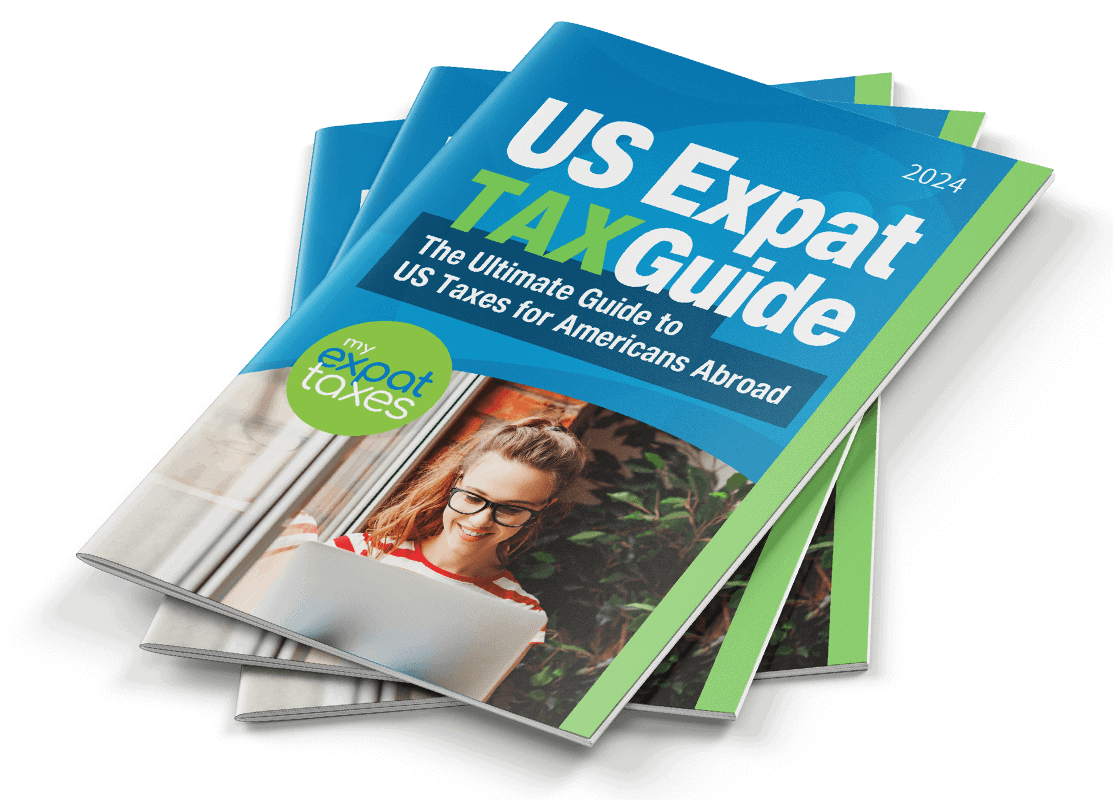Renouncing Your US Citizenship as an American Abroad
October 16, 2024 | ExpatTaxGuide | 4 minute read
Expat Tax Guide | Everything you need to know about filing taxes abroad in 2025
 Verified by IRS Enrolled Agents and CPAs
Verified by IRS Enrolled Agents and CPAs
While it’s possible to renounce your US citizenship, it is a deeply personal decision, and it’s important to consider the potential impact carefully. After renouncing, you may face challenges finding employment in the US, and if your children don’t already have US citizenship, they could lose the ability to claim it in the future.
Is Renouncing Your US Citizenship the Right Decision?
Once renounced, you are no longer a US citizen. It’s an irreversible decision UNLESS you renounce before age 18 AND apply for US citizenship within six months of turning 18. However, this is often implausible as renouncing before the legal age is complicated and frequently denied.
Another thing to consider is your children; if you renounce before transmitting US citizenship to your children, they will not receive American citizenship at birth.
If you have children already who have American passports and you renounce your adult US citizenship, your children will NOT lose their American status.
The Renunciation Process
Expats must acquire a second passport as the first step to renouncing their US citizenship entirely. The second passport must be brought and shown at the renunciation appointment. The State Department will deny the renunciation request of anyone without a second passport.
Before the renunciation appointment at your local US embassy or consulate abroad, you will need to collect and fill out these documents:
- Form DS-4079: “Request for Determination of Possible Loss of United States Nationality”
- US passport or birth certificate
- Foreign passports
- Name change certificates (if applicable)
- Proof of tax compliance for the last 5 years
At the renunciation appointment, expats will appear in front of a US consular or diplomatic officer, sign an oath of renunciation, and pay the one-time fee of $2,350* as of 2025.
Getting Caught Up on US Taxes
You must be completely caught up on your US taxes to renounce your US citizenship. This rule applies to every American citizen, regardless of being an expat. If you suddenly realize that you may be behind on your US expat taxes, the Streamlined Procedure may be the simplest way to get caught up while avoiding penalties.
With the Streamlined Procedure, you can file tax returns from the previous three years, and your final tax return will be filed for the year of renunciation as a ‘dual return.’ You must file six years of past FBARs when using the Streamlined Procedure.
What is an Expatriating Act?
The expatriating act is an action that could result in the loss of your US citizenship. Common expatriating acts include:
- Naturalization in a foreign country
- Taking an oath of allegiance to a foreign state
- Serving in the armed forces of a foreign state
- Accepting employment with a foreign government
Social Security Benefits when Renouncing Your US Citizenship
Renouncing your US citizenship will not result in losing Social Security benefits. However, expats must have paid into Social Security for 40 quarters or 10 years before renouncing if they want to claim Social Security benefits upon retirement.
If you want to receive these benefits in your foreign country, make sure your country has a totalization agreement, or you meet the other specified conditions. Otherwise, the payments may stop after 6 months.
Are You Considered a Covered Expatriate?
An expatriate is someone the IRS considers covered under the US tax code. When surrendering their US citizenship, they are either US citizens or long-term residents. Covered expatriates are subject to paying an exit tax if they:
- Have a net worth of more than 2 million USD
- Had an average annual net income tax liability for the last five tax years ending before the date of expatriation is more than $178,000 for 2022, $190,000 for 2023, and $201,000 for 2024
- Are unable to prove tax compliance for the past five years with Form 8854
You are not liable to pay the exit tax if you do not meet the above qualifications. However, Form 8854 must still be added to your final US tax return.
How Much is the Exit Tax when Renouncing US Citizenship?
If you are considered a covered expat, you must pay exit taxes. The US government calculates exit taxes by treating you as having sold all your worldwide assets the day before renouncing. Gains exceeding $866,000 are subject to a capital gain rate of 23.8%.
While it may seem that the ‘exit tax’ is a level of brute, they are relevant because some taxable incomes, including capital gains on home ownership, are not taxed until the asset is disposed of. As the US cannot pursue you for taxes once you entirely leave the US jurisdiction, it is a simple way to ensure all dues and taxes are up to date.
Finalize Your Last Tax Return with MyExpatTaxes
Choosing to renounce your US citizenship is not a decision that should be taken lightly. While MyExpatTaxes advises against renouncing your US citizenship, we recognize this is a deeply personal decision with many contributing factors.
This process can become quite complex regarding US taxes, but MyExpatTaxes is here to help you through your final tax return. Let’s simplify this process by ensuring you are free of US tax obligations!
Tax Guide Topics
Search Tax Guide
Stimulus Checks for Americans Abroad in 2025
Are you an American living abroad? You might have heard about the stimulus checks handed out during COVID-19. These checks acted as a financial relief to many American families. In…
Read More ...Self-Employment Taxes for Americans Living Abroad
Self-Employment Taxes for US Expats in If you are your own boss and have control over the services you provide, you are considered self-employed, and the income earned from these…
Read More ...US Tax Support for Americans Retiring Abroad
Retired or Planning to Retire in ? If you are an expat planning your retirement, you need to know that Americans in the US and abroad can gain retiree support…
Read More ...US Expats Tax Basics
It’s , and that means the US tax season is in full swing. We at MyExpatTaxes want to ensure that you, as an American abroad (expat), are in the know…
Read More ...Expat Tax Benefits for Americans Living Abroad
Avoid Double Taxation from These Expat Tax Benefits Double taxation happens when you have to pay taxes on the same income twice. For example, you could be working as a…
Read More ...Getting Help with Unfiled Tax Returns as US Expat
Have you missed more than a few tax returns since moving abroad? If so, you’ll have a stack of unfiled returns that require your attention. Let’s say you forgot or…
Read More ...




